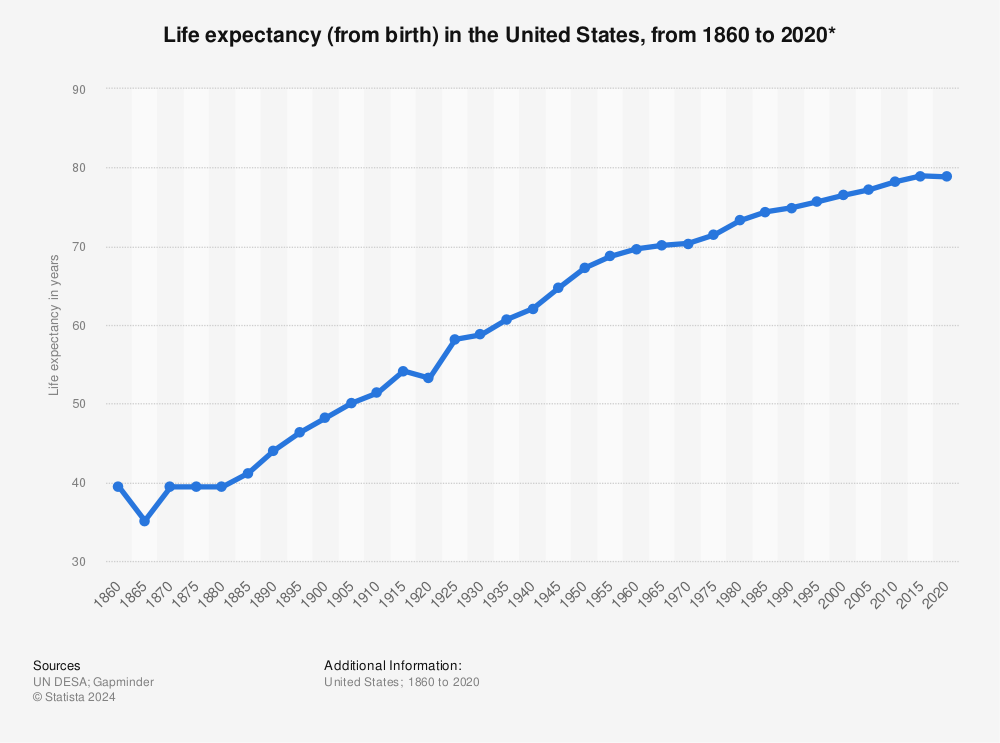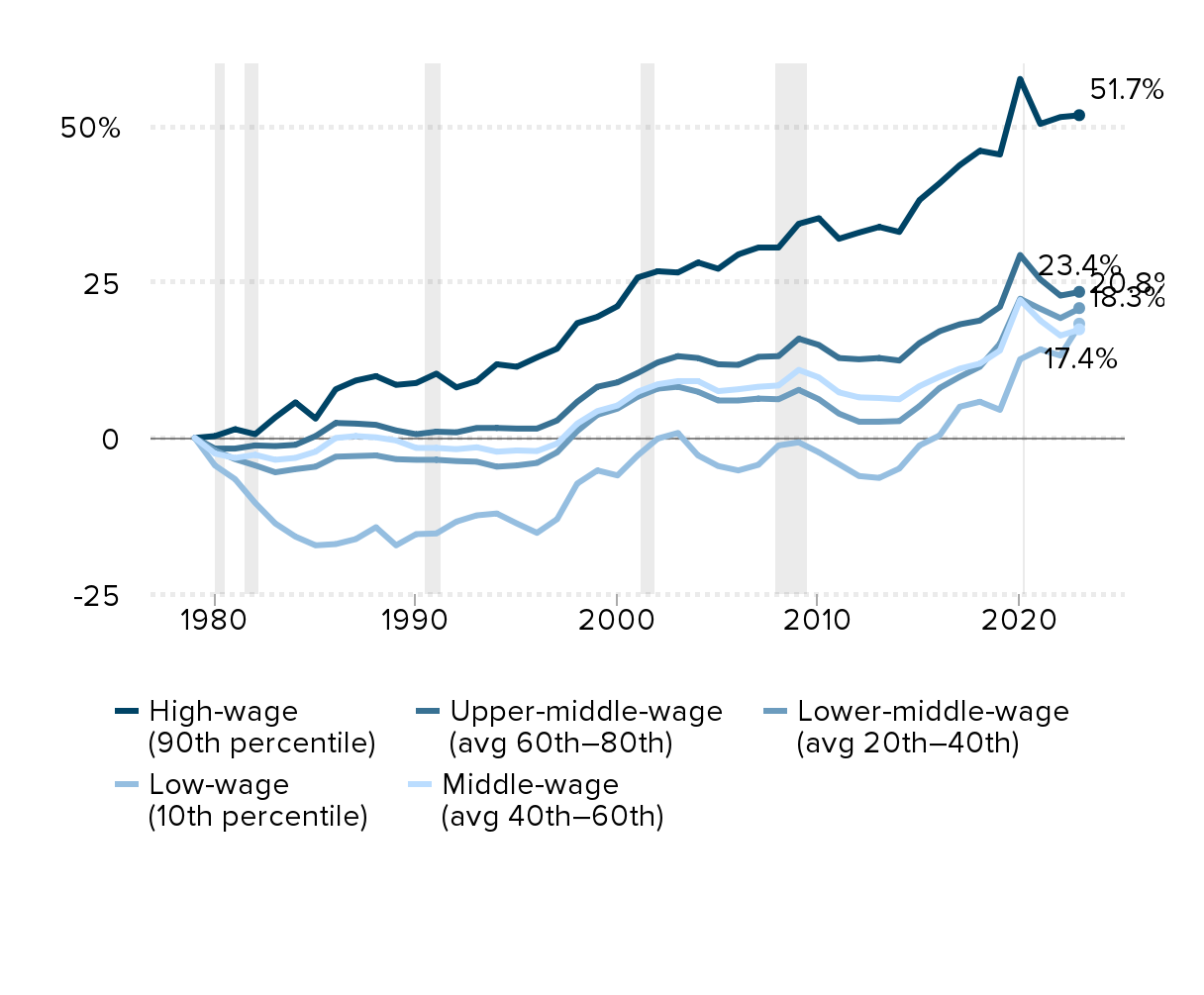- Joined
- Jul 20, 2011
- Messages
- 57,272
- Reaction score
- 38,799
I'm skeptical that the Cuban regime is being honest about that data but in fairness there are other countries that are "poorer" than the US in the sense of having smaller economies and lower GDP per capita figures that nonetheless have higher life expectancies.Life expectancy in America is lesser than it is in Cuba. America is capable of being better than that with all our advancements in healthcare and technology, getting outplayed by a runt like Fidel in any metric is embarassing…
If you want to argue the market isn't fair for some reason that's one thing, depending on the specific issue I might very well agree. The goal though should be to work towards a more fair market but populists, especially left wing populists, aren't in favor of fairer markets as much as they are anti-market.Cynicism and Populism coupled together is a recipe for disaster. The Naxalite movement back in India is concise evidence for that.
That being said, a “fair market” economy is pretty subjective. Time and time again, wealth has shown not to redistribute reasonably for the working class. Since ‘87, the top 1% federal tax has plummeted and swimmed around 30-40%. The trend of income disparity has only risen since then….It is uncanny.

Historical Income Tax Rates
Wolters Kluwer takes a historical look at the top marginal income tax rates in the United States.www.wolterskluwer.com
So for example housing costs are rising and that is an issue. The unfairness in the system is that the excessive rules and regulations makes it hard for those who want to build housing while the current tax policy incentivizes land speculation. If your neighbors can veto your housing project and instead make money based on appreciation of land values you will have less housing.
IMO the solution is to create a fairer market by cutting some of that red tape so that its easier for all developers, whether big corporations or families looking to renovate their own homes, can more easily build while taxing land values to discourage land speculation. Left wing populists on the other hand tend to support anti-market policies like rent control which doesn't work.
See I disagree and I think this gets at a widely held myth, namely that there's so much waste in government that if we merely cut it out we could fund social programs without raising taxes. The reality is there isn't a lot of invisible waste.I wouldn’t necessarily have a particular issue with the billionaire entourage or their tax cuts either if stuff like Healthcare were efficiently universalized or infrastructure was well-maintained like in Singapore. They manage to do that with some freakishly low tax rates.
Tax in Singapore | Singapore Tax Guide - HSBC Expat
Moving in to or out of Singapore? Get in-depth information for expats on different taxes and how to deal with them.www.expat.hsbc.com
Nonetheless, I’m not saying that we need to go all technocratic like Singapore but surely, there is some unnecessary expenditure going on the government’s behalf that can be better served in the domains of universalized healthcare or rebuilding impoverished communities.
Now I do think there is some waste, for example I don't believe in programs like SNAP and Section 8 as I think its better to have fewer welfare programs that exist as direct cash transfers than many different ones for specific goods that create their own bureaucracies. In other words having a SNAP program and a Section 8 program is like getting someone two $50 gift cards, one for groceries and one for rent, whereas I think its better to just give that person $100 outright. At the individual scale the savings aren't obvious but when you scale these programs up to millions of people you can see that having two parallel welfare programs that transfer funds for different goods is more wasteful than one that transfers the same amount of money but with less bureaucracy.
The thing is even with that example you're not going to be saving that much money. If you want to fund big social programs like public healthcare or some kind of basic income you need to raise taxes on a wide swath of Americans to include the middle class. And yet ITT we have people like kflo arguing that actually the top .3% are more financially precarious than we might think and if anything we should consider cutting their taxes. You can never build the necessary consensus to fund social programs in the face of that kind of intransigence towards taxes.
I certainly won't deny we're dealing with serious issue even today but I think in general the average American is better off today than 50 years ago. Life expectancy and average wages have both significantly increased for exampleU.S. income inequality, on rise for decades, is now highest since 1928

U.S. income inequality, on rise for decades, is now highest since 1928
Credit: Dorsey Shaw; Source: Emmanuel Saez, UC Berkeley President Obama took on a topic yesterday that most Americans don't like to talk about much:www.pewresearch.org
US obesity rates have tripled over the last 60 years

US obesity rates have tripled over the last 60 years
Nationwide surveys show that 43% of Americans are obese, while 10% are morbidly obese.usafacts.org
Overall, 11 percent of US children were living in a father-absent household in 1960 as compared to 25 percent in 2020

The Rise of Father Absence and Its Attendant Social Ills
Fatherless children are at higher risk of delinquency that undermines their own prospects and disrupts the communities in which they reside.quillette.com
Annual suicide deaths per 100,000 people in the US increased gradually from 10 in 1950 to 13 in 1970 then experienced a long decline, reaching a trough at 10 in 2000. Between 2000 and 2020, however, the US suicide rate exhibited an upward trend.
Nine-year-olds had the largest score decline in reading since 1990.
NAEP Blog - Performance Declines in Basic Mathematics and Reading Skills Since the COVID-19 Pandemic Are Evident Across Many Racial/Ethnic Groups
NAEP Blog - Performance Declines in Basic Mathematics and Reading Skills Since the COVID-19 Pandemic Are Evident Across Many Racial/Ethnic Groupsnces.ed.gov


There are serious recent issues like the opioid crisis and later fentanyl which has lead to spikes in overdoses so intense that if you break life expectancy down into various age and geographic cohorts some of them have seen overall declines compared to 15-20 years. That said I think we can address these specific issues without buying into the gloom and doom narrative that we're worse off than 50 years ago. I say this as someone who is intensely pessimistic about the damage the incoming admin is going to do.
Last edited:


